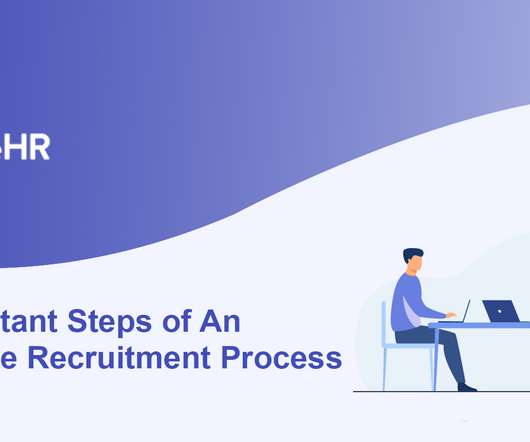May 27, 2022
DecisionWise
JUNE 9, 2022
A great way to improve decision-making is to improve the quality of data that informs the decision-making process. Organizational Caring and the Psychological Contract. The Psychological Contract is the unwritten, implicit set of expectations and obligations that define the terms of what it means to belong to an organization.
























Let's personalize your content